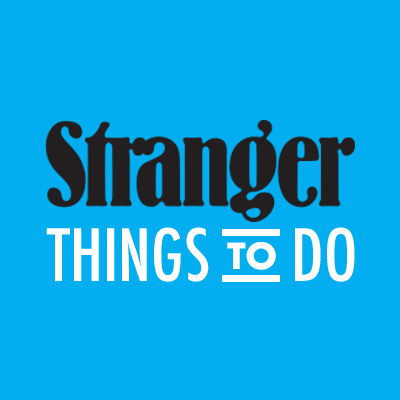The Center for Study of Health and Risk Behaviors – Seeks Social Media Assistant
The Center for Study of Health and Risk Behaviors is seeking an undergraduate student for a Social Media Assistant position.
The main responsibility of this position is content creation for the Instagram account of a research study actively recruiting 18-25 year old participants in Washington state. The Social Media Assistant will design social media posts that align with the research study brand and aesthetic, using Canva, as well as plan content week by week that appeal to 18-25 year olds. There will also be the opportunity to help the team expand our reach beyond Instagram into other social media sites such as TikTok and Twitter. Prior experience with social media design and Canva are preferred, but not required. The Social Media Assistant must have a desire to grow their experience with content creation, use social media themselves, and have a good eye for social media design. This is a volunteer position with the possibility of receiving PSYCH 499 credit, OR ART 496/DES 495 internship credit with art/design faculty sponsorship, up to 3 credits per quarter. Students will work a minimum of 3 hours/week M-F 9AM-5PM. There is flexibility for evening/ weekend hours on a case-by-case basis.
The Center for Study of Health and Risk Behaviors (CSHRB) is a research center at the University of Washington School of Medicine, Department of Psychiatry and Behavioral Sciences. CSHRB is focused on understanding the unique and common factors underlying the development and maintenance of addictive and health risk behaviors, their comorbidity with other mental health disorders, and the effective elements of prevention and brief treatment as applied to a wide range of presenting problems and special populations. We also seek to understand healthy developmental transitions and ways to increase positive health behaviors. You can learn more about our center on our website and Twitter.
The YARD study seeks to address important gaps in the knowledge of young adult (YA) transportation and health behaviors. This research will utilize a community sample of YA with daily assessments on Thursday through Sunday, every other week for 6 months. These assessments will examine daily transportation and health behaviors and their associations between other daily factors such as norms, motives and between-person factors such as demographics, personality characteristics, and mental health.
Please contact Rose Lyles-Riebli at analyles@uw.edu if interested!





